ADIEU RITA
André S. Labarthe pays tribute to Rita Hayworth, who died on May 1987 while television reports from the 40th Cannes Film Festival. This heartfelt goodbye evolves into a meditation about the situation of the cinema in the era of television’s cultural hegemony.
In his eulogy Adieu Rita (1987), Labarthe shoots a television set and places the newspapers announcing the death of the famous actress Rita Hayworth in front of the camera. Labarthe’s voice-over suggests a link between this unhappy event and the death of cinema, demonstrated in the television coverage of Cannes Festival in 1987. Excerpts from Hayworth’s movies and Cannes reports on television are alternated during the director’s reflections. His position is heavily critical of ‘forgetful’ television: a television which depicts everything and brings society into a post-cinematic sphere. While cinema is the realm of the imagination, television is the domain of oblivion or, as the famous French movie critic Serge Daney said, “la télévision n’est pas “comme” le cinéma: son temps n’est pas le même … et comme la télévision est (c’est sa grandeur) l’eclave d’un pur présent sans profondeur, il est normal qu’elle ne sache rien d’elle même et que, ne sachant rien, elle n’ait pas plus secrété son histoire que ses historiens”. Or as Labarthe states, television has killed the cinema by revealing the unknown through badly-shot, badly-framed and badly-lighted images. In this sense, the television excerpts chosen by Labarthe show how television is built on own self-reference.
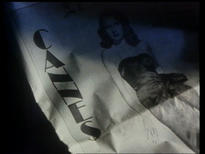
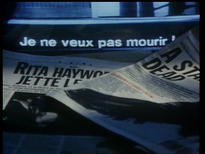
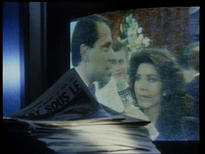
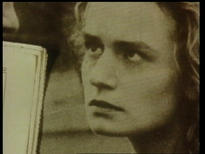
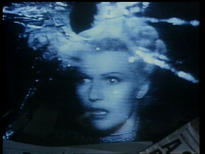
- Jaar 1987
- Duur 00:05:04
- Taalinfo
Ondertitels: English UK
Gesproken: English UK, French
-
Kunstenaars
-
EVENEMENTEN